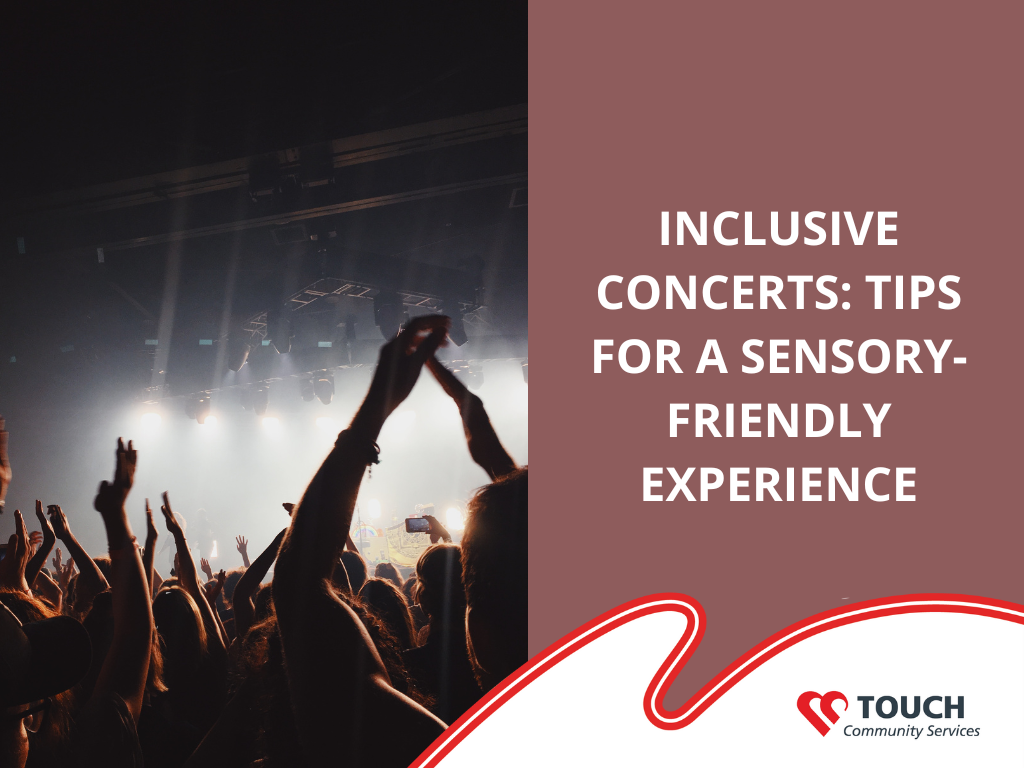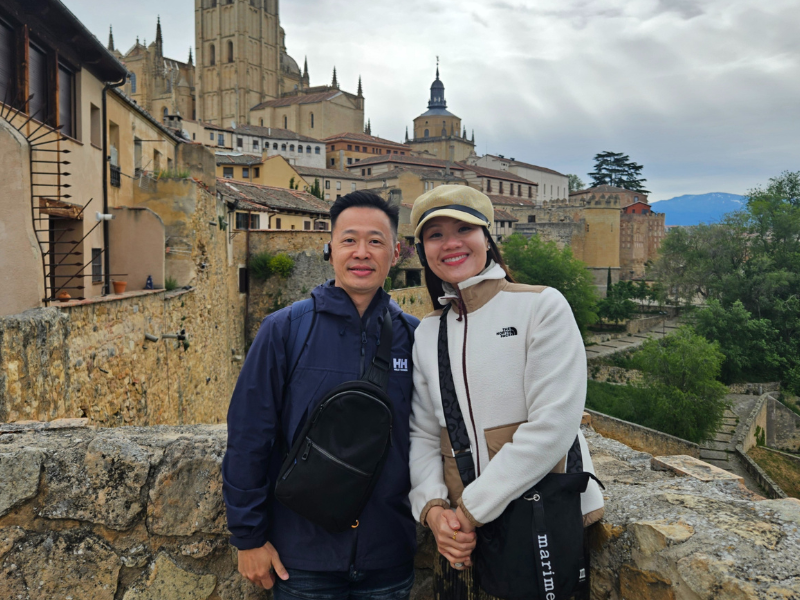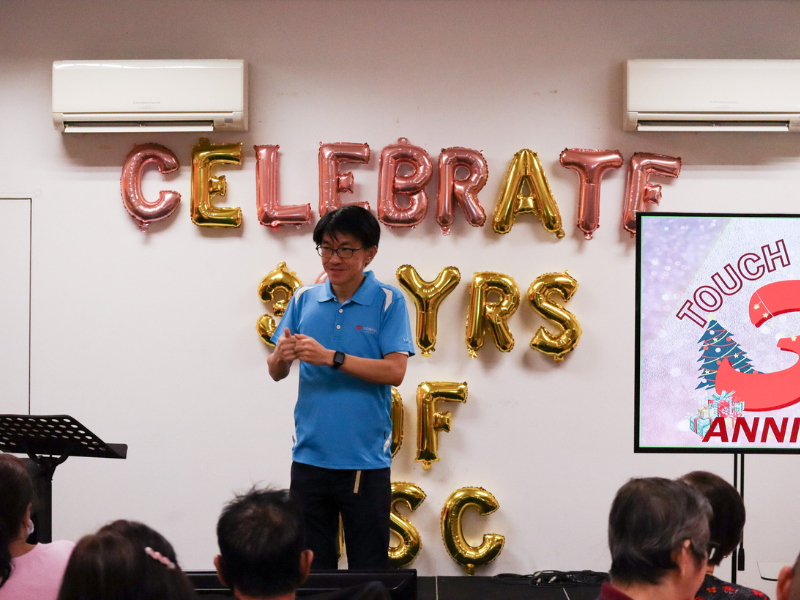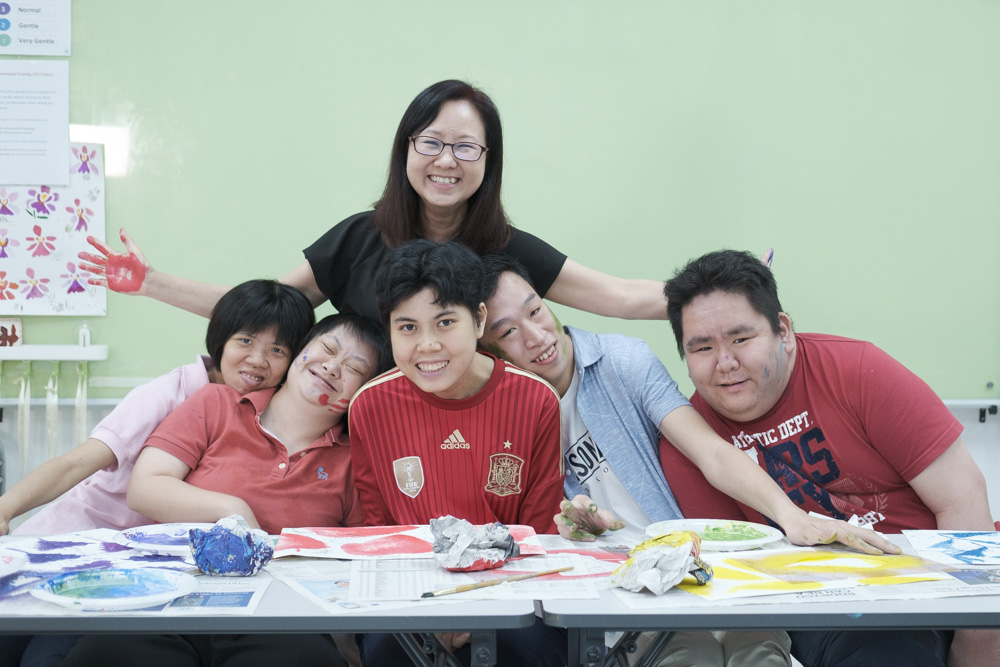Inclusive Concerts: Tips for a Sensory-Friendly Experience

Header text
Attending a concert can be an exciting and enriching experience, but for neurodivergent individuals or persons with special needs, it can also present certain challenges. Individuals who identify as neurodivergent or diagnosed with ADHD may be more susceptible to sensory issues, such as noise and light sensitivity [1]. People with autism tend to have a distinct auditory system than neurotypical people, which makes them more sensitive to sounds and causes trouble blocking out background noise [2].
With the recent influx of musical artists announcing concerts in Singapore in the upcoming months, those who struggle with large social settings and face sensory issues should not be deterred from enjoying the music of their favourite singers or performers. Since the average sound levels at concerts range up to 100-105 decibels [3], and many concerts tend to have bright flashing lights, preparing for sensory needs is especially salient.
TOUCH Centre for Independent Living provides everything you should know to have a safe and enjoyable time at a concert!
Do research on the concert/venue in advance: Check if they allow bags to be brought in, and if there are size or item restrictions. Look for information about special accommodations such as accessible seating, sensory-friendly areas or quiet zones. Find available pre-show guides online, or join Telegram or Reddit channels pertaining to the concert to directly ask and hear about important information first-hand. Consider printing out a visual schedule of the day that provides a clear and predictable structure, making the experience less intimidating.
Research on the proper or ideal attire: Some concerts such as orchestras or symphonies may have a suggested dress code of business attire or smart casual outfits, meaning no shorts and slippers. If you are sensitive to fabrics and materials, ensure to check if the concert is indoors with air-conditioning or outdoors which may be more humid and even pose exposure to possible rainfall. With this knowledge, plan your attire accordingly.
Prepare for sensory needs: Wear noise-subduing ear defenders (e.g. ear plugs or muffs) and pack sensory tools such as fidget toys or calming items to aid with the long hours of waiting in possibly cramped spaces.
Attend with a reliable companion: Have a support person who understands your needs and can assist if necessary. Ensure you have an emergency contact number visible on your person in case a stranger has to step in.
Ensure your health and safety: Print out and bring along a visual schedule to combat unfamiliar situations and prepare for before, during, and after the concert. Bring any necessary medications and a copy of medical information. As most major concert venues have strict regulations against bringing in food and beverages, ensure to take your meals before the concert begins. Look out for water cooler points if available.
Enjoy the concert at your own pace: Focus on enjoying the music and the atmosphere at your own pace. Engage with others if you arecomfortable, but don't feel pressured to socialise if it’s overwhelming.
Decompress and reflect: When the concert is over, have a quiet space to visit to decompress and relax. Think back on the positive aspects of the concert and what you enjoyed. Consider any changes that could make future concert experiences even better.
Do not be afraid to email the concert or event organiser directly if you have any questions, concerns or specific requirements, as your personal concert experience is just as important as other concertgoers.
By planning ahead, using supportive tools, and having a clear strategy for managing sensory needs, neurodivergent individuals and those with special needs can ensure a more enjoyable and smooth-sailing concert experience.
TOUCH Centre for Independent Living (TCIL) is a day activity centre for persons with mild to moderate intellectual disabilities, providing basic training in daily living skills and personal social skills to empower them in building independence in their daily living. TCIL adopts a holistic approach in working with and training its trainees, believing that each one of them is capable of achieving their highest potential when given the chance to live an independent life. Special programmes like TOUCH SpecialCrafts also seek to activate the artistic potential in trainees and enable them to showcase their works through direct sales, auctions and charity fairs.
Sources
1. Nikki, Ciletti. “ADHD Noise Sensitivity: Sensory Differences In Neurodivergent Children And Adults” Better Help, 5. Jul 2024, https://www.betterhelp.com/advice/adhd/adhd-noise-sensitivity-sensory-differences-in-neurodivergent-children-and-adults/
2. Ralph, Moller. “What Do We Know About Noise Sensitivity in Autism?” Above & Beyond Therapy, 17. Mar 2024, https://www.abtaba.com/blog/noise-sensitivity-in-autism
3. Tereping, Avo-Rein. “Listener Preference for Concert Sound Levels: Do Louder Performances Sound Better?” Audio Engineering Society, 3. Jul 2016, https://aes2.org/publications/elibrary-page/?id=18125



